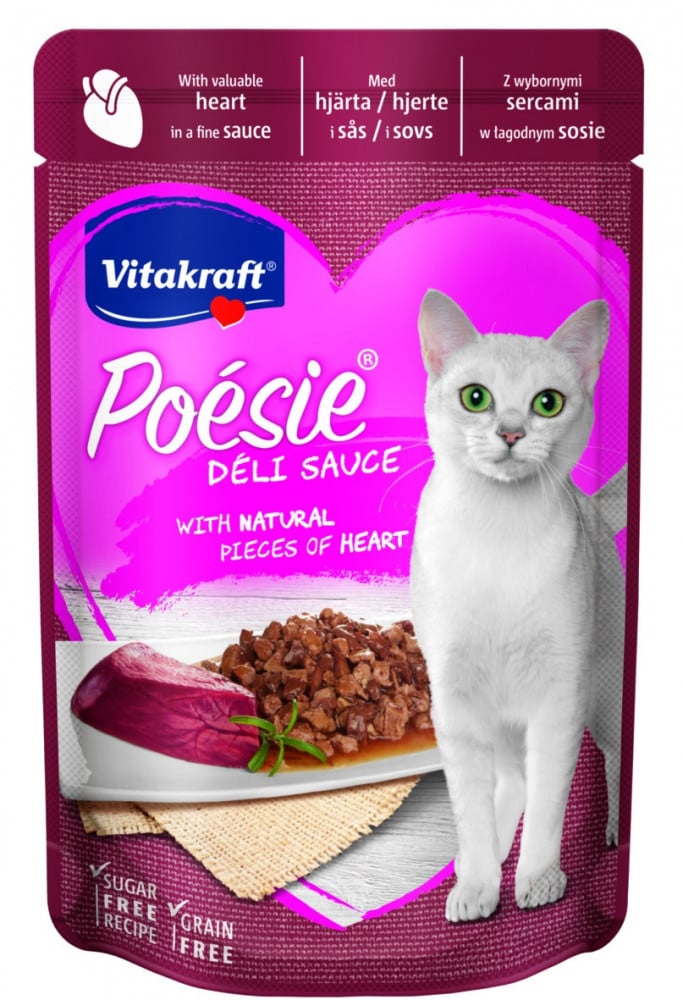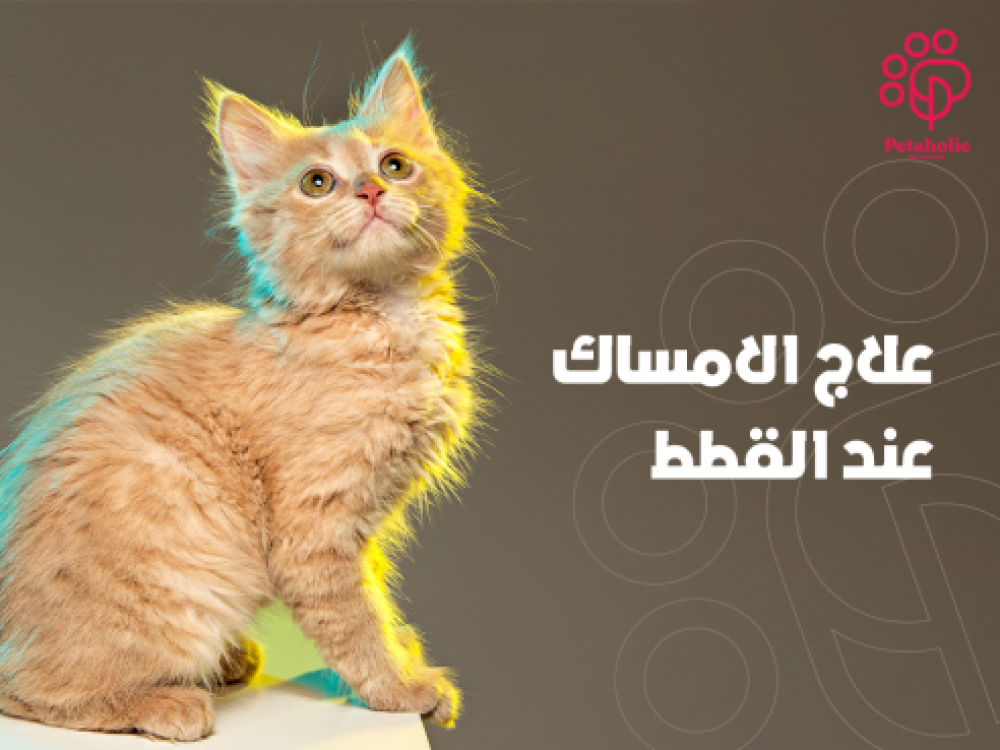
Are you looking for a treatment for cat constipation in the fastest and safest way? you are not alone. Most cat owners will at some point have to deal with this common disease. Fortunately, there are many things you can do to help your little friend feel comfortable. In this guide, we give you everything you need to know about constipation, its causes to avoid, and how to treat it at home. At Petaholic, we also provide cat food of the finest and best types of foods for the best healthy diet for your cat.
Why do you need to treat constipation in cats as an absolute necessity?
Searching for the reasons that made us wonder how to treat constipation in cats, we found out that constipation causes a lot of discomfort to cats. Especially when the stool bounces around in the colon, it can stretch the colon and rectum, causing unbearable pain for your cat. Furthermore, the stool becomes very dry and hard. This dehydration makes passage more difficult, and increases the possibility of colon and rectal obstruction. Hardened stool can also cause damage to the colon mucosa, with subsequent secretion of fluid from the colon.
Constipation in cats can lead to absorption of toxic intestinal secretions, which can lead to loss of appetite, weakness, vomiting, and signs of poisoning if not adequately eliminated by the liver.
Among the high-quality foods that we recommend for your cat at Petaholic for a healthy diet and to avoid constipation:
Shop the product here with Petaholic, your first pet friend
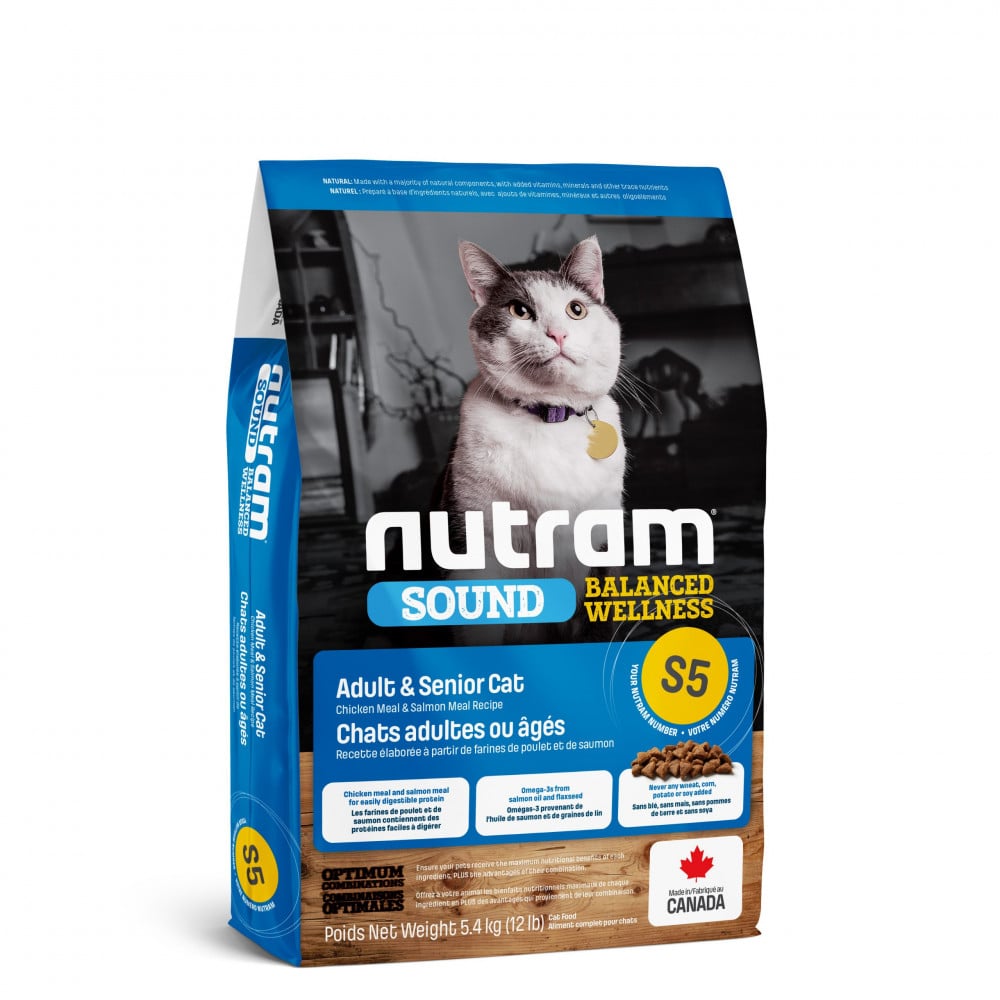
What causes constipation in cats?
Although veterinarians don't always know what causes constipation, medical professionals frequently see it in cats with certain conditions, such as:
- Megacolon: This is a condition in which the colon becomes too large or soft.
- Dehydration : A lack of water in the body may make it difficult for stool to move through the digestive system.
- Overweight and Obesity: Excess weight can make it difficult for cats to defecate properly.
- Low-fiber diets: These diets have high levels of water-insoluble fiber, which causes constipation in some cats.
- Lack of exercise : Lack of physical activity can make it more difficult for the intestines to function properly.
- Endocrinopathy such as diabetes and hyperthyroidism : These conditions can affect colon function and contribute to dry stool, making defecation more difficult.
- Too many hairballs: Cats that groom themselves frequently can ingest a lot of hair, which can form clumps in the intestines and cause constipation.
- Kidney disease: Kidney disease often leads to loss of water in the body and general dehydration, which can appear in the form of constipation, and therefore you need to treat constipation in cats as quickly as possible before the problem gets worse. These cats also have low levels of potassium, which can lead to muscle weakness, including the colon.
- Intestinal diseases: They can alter bowel movement, slow the passage of digested contents, and lead to dry stool.
- Physical Pain: Your cat may also have some physical pain that prevents him from positioning himself properly in the litter box. So you might avoid going there altogether. Older cats with arthritis often have this problem; Because squatting is very challenging for their joints.
Among the healthy diets that we recommend for your cat at Petaholic are:
Shop the product here with Petaholic, your first pet friend
How do you know if your cat is constipated?
There is a misconception that if a cat is constipated, the stool inside will be larger in diameter than normal stool. While this is the case, sometimes constipated cats have very small stools. This is because small, hard stools make it difficult for the colon to move out, and the longer the stool remains in the colon, more water is drawn out and the stool becomes harder and drier, and the cat cannot pass it out. But how do you know if your cat is constipated and what are the most common signs? To know this, you have to get to know your cat's feces! Here are the most prominent signs:
- The sand in the litter box does not stick to the stool because it is very dry.
- The stool is often very dark brown.
- Cats push so hard that they push the liquid stool around the harder stool until they appear to have diarrhea.
- If your cat seems lethargic or feels uncomfortable when you pick him up or pet him, it's time to monitor his defecation habits.
- Extreme stress when using the litter box.
- Not passing a good amount of stool.
- Defecating outside the litter box.
- Vomiting after trying to defecate.
If you want to make a rich and healthy diet for your cat, we recommend:
Shop the product here with Petaholic, your first pet friend
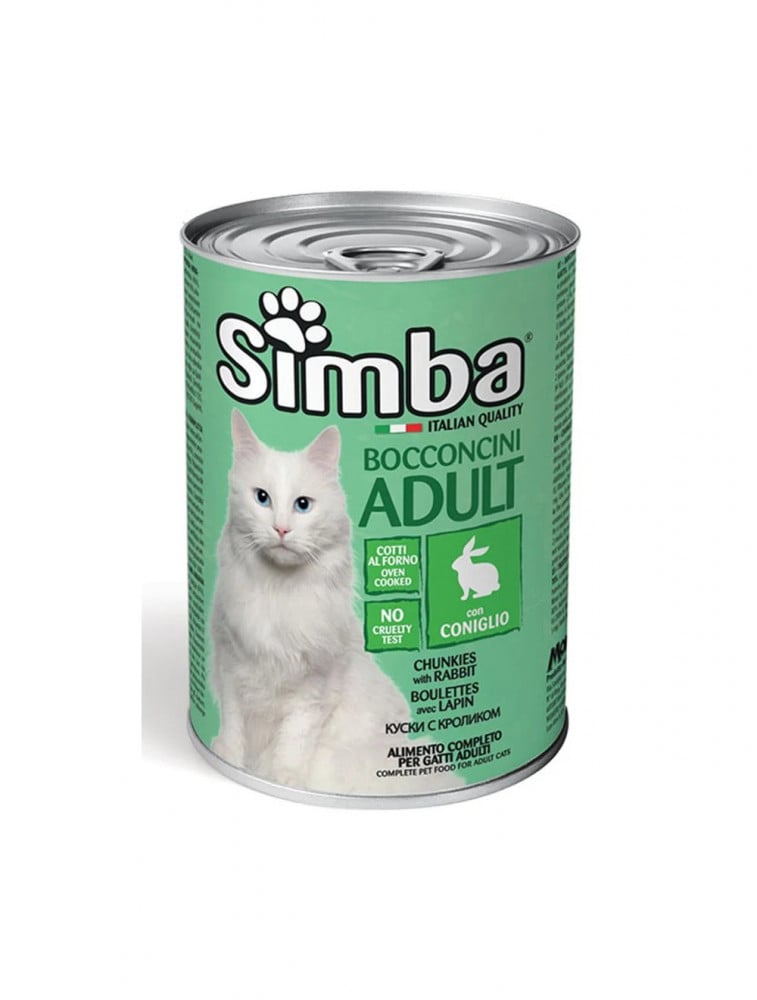 Home remedies to help your cat get rid of constipation
Home remedies to help your cat get rid of constipation
Home remedies that can help a cat get rid of constipation are as follows:
1. Increase fluids
Make sure your cat gets more or less enough water, as dehydration is usually the main cause of constipation. So make sure your cat is drinking enough water, as it is vital for maintaining a healthy bowel movement, and can be a very effective step in relieving constipation. If you are struggling with your cat to get him to drink, try placing different water sources around the house. You can also give them new ways to access water, such as a water fountain, or add some water to their dry food for extra hydration.
2. Reduce anxiety and stress
Cats are very sensitive creatures, and can struggle with even the slightest changes in the environment around them. If you notice that your cat is feeling particularly anxious or stressed, try creating her own little space at home with cozy toys and blankets.
3. Use canned wet foods
Canned wet food can be a great way to add more fluids to the diet of your cat who is not drinking enough water. In addition, it contains a large percentage of fat, which softens the cat’s stool and makes the process easier.
4.Change food
If you have recently started eating a new type of food, there is a good chance that the food is behind your constipation. Cats may also find it difficult to handle certain foods as they age, which can lead to constipation. So going back to their usual food can help you treat constipation. Always look for foods rich in fiber, which also contain probiotics for the best result.
5. Foods rich in fiber
When choosing cat food, you should consider its fiber content. A high-fiber food can help regulate your cat's digestive system and treat constipation. Wet foods with added pumpkin or psyllium husks in the formula are great options to help regulate your cat's digestive system. But once constipation is treated, you may need to reduce the fiber content again to avoid loose stools or diarrhea.
Among the high-fiber foods that we provide at Petaholic are:
Schesir Envelopes for Wild Tuna and Pumpkin 85 g
Shop the product here with Petaholic, your first pet friend
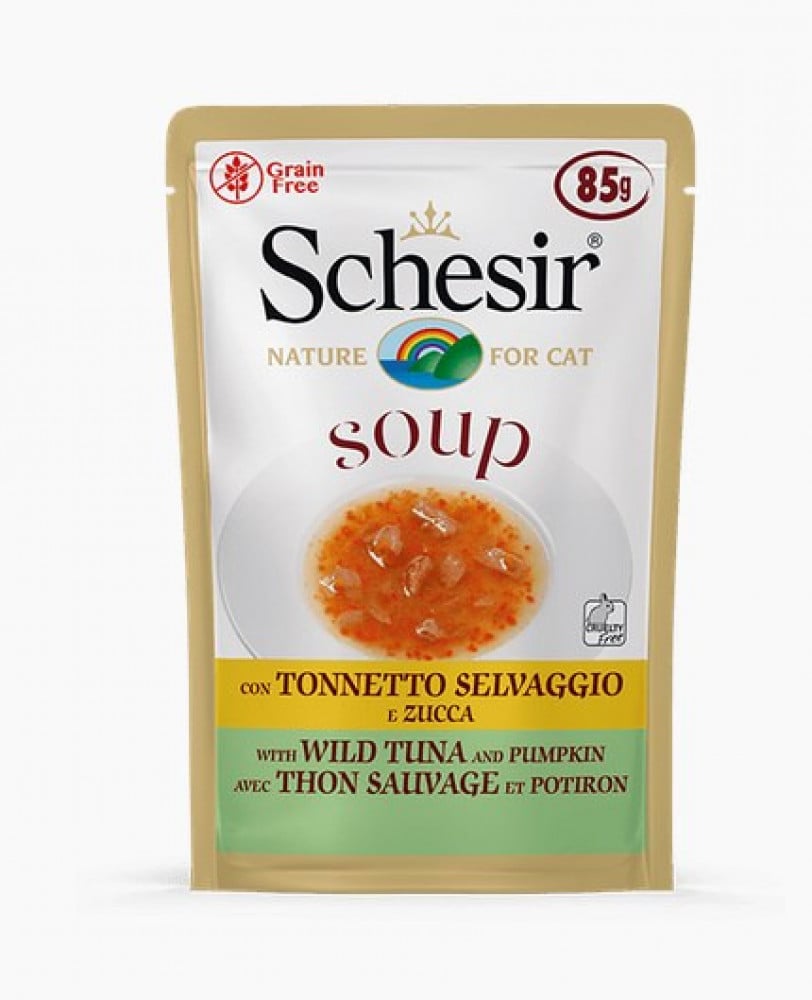
At Petaholic, you will find all the supplies that will help you raise your pet in a safe and healthy way and provide it with the luxury it deserves. You will also find that all of our foods can be integrated into a healthy diet to avoid constipation, all of this and more at the lowest prices.
Frequently asked questions about treating constipation in cats:
How do I treat a cat from constipation?
First aid for cats suffering from constipation may include administering enemas and performing manual removal of feces by your veterinarian. Removing feces from the colon often requires the use of an anesthetic or sedative, which is done by your veterinarian. Usually, intravenous fluid therapy is necessary to correct fluid balance and prevent dehydration that can worsen constipation.
How do I know that my cat suffers from constipation?
There are several signs that could indicate that your cat is suffering from constipation, and among these signs are:
1. Reducing frequency of urination:
- If you notice that your cat does not urinate normally or urinates little or forcefully, this may be a sign of constipation.
2. Difficulty in defecation:
- If you notice that your cat is exerting excessive effort during defecation, or if he seems dissatisfied or stressed while trying to defecate, this may be a sign of constipation.
3. Changes in defecation /strong>
- If the stool is dry and hard, or if there are long periods between defecations, this could be a sign of a bowel problem.
4. Persistence despite constipation:
- If the cat is trying to defecate to no avail or is increasing the number of defecation attempts without success, this may be a sign of constipation.
5. Vomiting and loss of appetite:
- In some cases, constipation can be accompanied by frequent vomiting and loss of appetite.
6. General appearance and /strong>
- The cat may be in a state of discomfort, and may appear tense and anxious. Also, it may show a change in the overall appearance of the abdomen, which may be swollen and hard.
If you notice any of these signs, it is best to consult a veterinarian to evaluate the cat’s condition and determine the appropriate treatment to facilitate the defecation process.
Do worms cause constipation in cats?
Worms may cause constipation in cats. There are various types of worms that may affect the digestive system of cats, which in some cases leads to problems such as constipation. Threadworms such as Ascaris may cause problems in the small intestine, affecting defecation and possibly causing constipation. Tapeworms can also affect the digestive system, where the cluster of worms may cause intestinal obstruction and increase the chances of constipation. Pinworms infect the intestines and sometimes cause problems with defecation.
In the event of doubt or suspicion of the presence of worms, it is best to consult a veterinarian to evaluate the cat’s condition and determine the appropriate treatment. A veterinary examination and stool analysis can help determine the type of worms and provide appropriate treatment to overcome the problem and improve the cat's health.
We have available:


